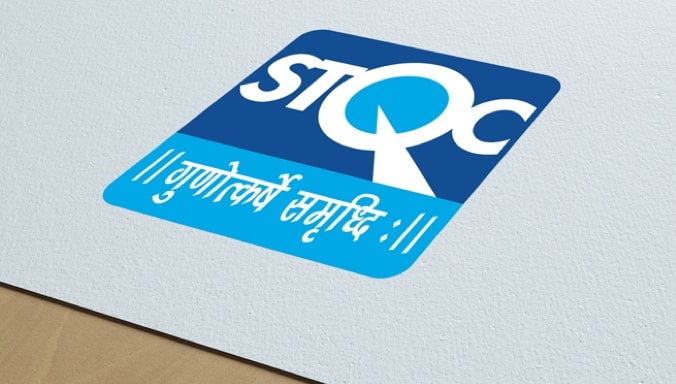In India, Standardization Testing and Quality Certification (STQC) is a certification given by the STQC Directorate operating under the Ministry of Electronics and Information Technology (MeitY). This certification ensures products meet specified standards of security and quality, especially for those used in government applications. However, the question arises: Is STQC compliance mandatory for all products in India? The answer lies in understanding the scope, application, and requirements set by Indian regulatory bodies for STQC certification.

What is STQC Compliance?
The STQC certification ensures that products, particularly those related to information technology and electronic products including certain biometric products based on requirements, meet the necessary quality and security standards. These products undergo rigorous testing for factors like data security, functionality, and performance to make sure they are suitable for government projects and critical applications.
STQC compliance covers a wide range of sectors, including:
Biometrics: Biometric devices like fingerprint and iris scanners, used widely in projects such as Aadhaar and other government identification schemes.
IT and Electronics: Products that involve significant data exchange, storage, or control applications, where data security and system reliability are crucial. Industries like telecommunications and information technology often have STQC regulations.
Software Platforms: Websites and software platforms that require stringent security requirements and other specific necessities may need to comply with the STQC.
Products Involving Safety or Health Concerns: This includes medical devices, pharmaceuticals, and certain consumer electronics.
National Security: Products used in defence or critical infrastructure might require STQC certification.
Is STQC Compliance Mandatory?
As of now, STQC certification is not mandatory for all products in India. Its necessity largely depends on the application and usage of the product. Generally, STQC compliance is mandatory for products intended for government use or specific public projects that require high levels of security and quality standards. For instance, any biometric device used for Aadhaar authentication must have STQC certification to ensure compliance with government standards for security and accuracy.
Where STQC Compliance is Mandatory:
- Government and Public Projects: For projects involving biometric authentication, such as Aadhaar-based identification or attendance tracking for government employees, STQC certification is mandatory.
- Critical IT Infrastructure: When products are part of government IT infrastructure, data security becomes a high priority, making STQC compliance essential.
- Devices in Sensitive Locations: For example, access control devices installed in government buildings, STQC compliance may be required to ensure security and reliability.
Where STQC Compliance is Not Mandatory:
- Commercial or Consumer Products: For IT or biometric devices used solely in private or commercial settings, STQC certification is generally not required.
- Non-Sensitive Government Projects: If a project doesn’t involve sensitive data handling or critical infrastructure, then STQC compliance might not be a prerequisite.
- Startups and Small-Scale Applications: Smaller-scale applications not tied to government or critical data projects may avoid the necessity for STQC compliance, though they can still opt for it to improve product reliability.
Benefits of STQC Certification:
Even when not mandatory, obtaining STQC certification can offer several advantages:
Enhanced Product Reliability: Products certified under STQC standards have undergone thorough testing, which ensures consistent performance.
Improved Marketability: STQC certification provides a seal of quality, which can attract customers, especially in security-conscious sectors.
Increased Trustworthiness: Certification from a reputed government body like STQC can increase trust in products among consumers and business clients.
Future of STQC Compliance:
With the rapid expansion of technology and digital products in India, particularly in biometrics and IoT devices, STQC standards may see expansion to cover more sectors and applications. The Indian government may update policies to broaden the scope of STQC compliance for improved data security, especially as data privacy laws strengthen in India.
So currently, the STQC compliance is mandatory only for certain categories of products, primarily those used in government projects or involving critical data security. For other products, it remains optional but is recommended for manufacturers aiming to meet high standards of security and quality. By adhering to STQC standards, manufacturers can ensure their products meet stringent security requirements, thereby enhancing their market appeal and consumer trust.